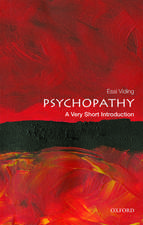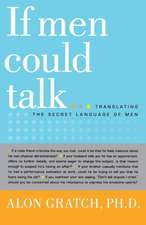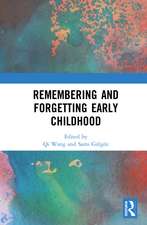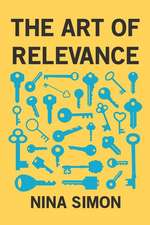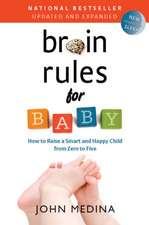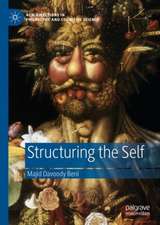Birth of Intelligence: From RNA to Artificial Intelligence
Autor Daeyeol Leeen Limba Engleză Hardback – 9 apr 2020
Preț: 247.79 lei
Preț vechi: 323.43 lei
-23% Nou
Puncte Express: 372
Preț estimativ în valută:
47.42€ • 49.32$ • 39.68£
47.42€ • 49.32$ • 39.68£
Carte disponibilă
Livrare economică 11-17 februarie
Preluare comenzi: 021 569.72.76
Specificații
ISBN-13: 9780190908324
ISBN-10: 0190908327
Pagini: 232
Dimensiuni: 236 x 157 x 23 mm
Greutate: 0.48 kg
Editura: Oxford University Press
Colecția OUP USA
Locul publicării:New York, United States
ISBN-10: 0190908327
Pagini: 232
Dimensiuni: 236 x 157 x 23 mm
Greutate: 0.48 kg
Editura: Oxford University Press
Colecția OUP USA
Locul publicării:New York, United States
Recenzii
Lee maintains that to understand intelligence it is essential to understand how the brain works, and perforce to become more aware of the recent advances in the field of neuroscience. Furthermore, he has done a great job of discussing, in an extremely readable way, a wide range of important topics shedding light on the nature of intelligence: the difference between animal and human intelligence; the strengths and limitations of artificial intelligence; parallels between the relationship of an employer to its agent and the relationship between genes and the brain; the role of learning in the development of intelligence; and the key role of social intelligence in human life overall. While the text is not light reading, the writing is so accessible that even the careful general reader will gain valuable understanding of what intelligence is and what it does from the perspective of an expert.
This book addresses two fundamental questions
In this engaging book, celebrated neuroscientist Daeyeol Lee provides an accessible but authoritative introduction to the core sciences of mind and brain. Building on this, he offers a penetrating and novel argument concerning the differences between biological and artificial intelligence. The book not only contributes key points to one of the most important debates of our time, but also provides an entree into this discussion for both non-experts and experts alike. In this way, Lee helps to create a space for informed and constructive debate concerning the future of our technology, and our relationship with it."
This ambitious book addresses the complex subject of intelligence. It is an account by a leader on the frontiers of neuroscience and psychology that is crackling with ideas and presented within a new framework of the critical role of intelligence in evolution. The author is engaged in the most up-to-date studies on the broad topic of decision neuroscience. His narrative shows amazing mastery of the essential topics, across a wide range of fields, including psychology, neuroscience, mathematics, probability theory, economic theory, evolution, philosophy, and artificial intelligence. These are all knitted together by a logical sequence of chapters and an engaging narrative style to give new insights into the neural basis of intelligence."
This book addresses two fundamental questions
In this engaging book, celebrated neuroscientist Daeyeol Lee provides an accessible but authoritative introduction to the core sciences of mind and brain. Building on this, he offers a penetrating and novel argument concerning the differences between biological and artificial intelligence. The book not only contributes key points to one of the most important debates of our time, but also provides an entree into this discussion for both non-experts and experts alike. In this way, Lee helps to create a space for informed and constructive debate concerning the future of our technology, and our relationship with it."
This ambitious book addresses the complex subject of intelligence. It is an account by a leader on the frontiers of neuroscience and psychology that is crackling with ideas and presented within a new framework of the critical role of intelligence in evolution. The author is engaged in the most up-to-date studies on the broad topic of decision neuroscience. His narrative shows amazing mastery of the essential topics, across a wide range of fields, including psychology, neuroscience, mathematics, probability theory, economic theory, evolution, philosophy, and artificial intelligence. These are all knitted together by a logical sequence of chapters and an engaging narrative style to give new insights into the neural basis of intelligence."
Notă biografică
Daeyeol Lee received his undergraduate degree in economics from Seoul National University in South Korea, and his doctoral degree in neuroscience from the University of Illinois at Urbana-Champaign in the United States. He has held faculty appointments at Wake Forest University, University of Rochester, and Yale University, before joining the Zanvyl Krieger Mind/Brain Institute at the Johns Hopkins University as a Bloomberg Distinguished Professor in 2019. His research focuses on the brain mechanisms of decision making and high-level cognition.








